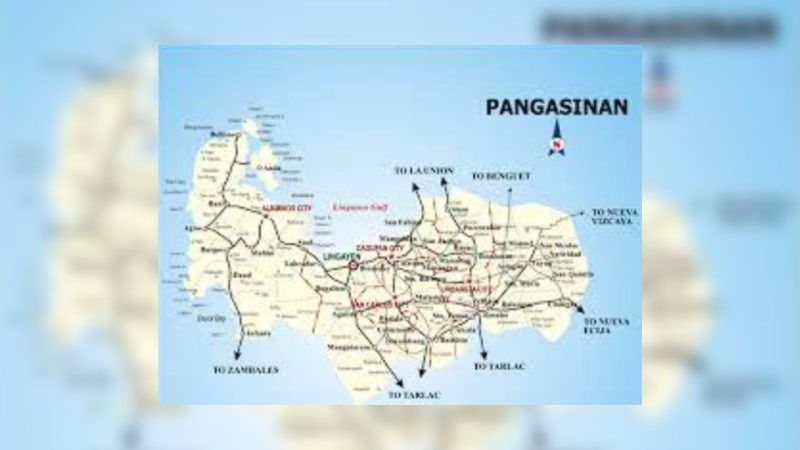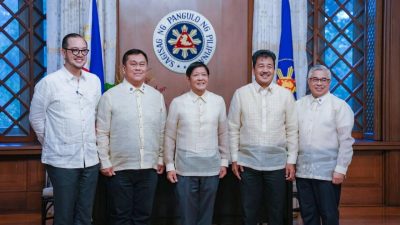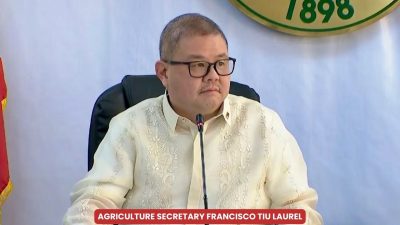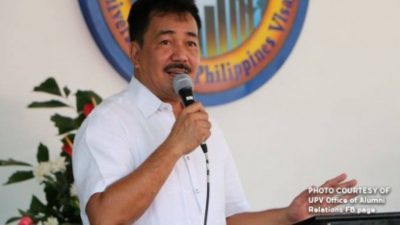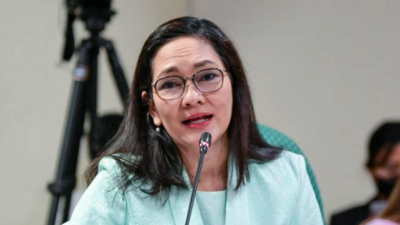LINGAYEN, Pangasinan — Commencing in the academic year 2023-2024, the provincial government will proudly inaugurate its own tertiary educational institution.
Through a unanimous ordinance passed by the Sangguniang Panlalawigan (provincial board) on Monday, June 26, the establishment of Pangasinan Polytechnic College (PPC) will provide a dedicated campus at the Narciso Ramos Sports and Civic Center in Lingayen.
Vice Gov. Mark Ronald Lambino explained, “There are existing buildings and rooms that can be repurposed and transformed into classrooms. However, our governor envisions having two or three campuses—one in Lingayen, another in central Pangasinan, possibly in San Carlos City, and another in the eastern part of the province.”
PPC stands as the first college within the Ilocos Region to be owned and managed by a provincial government. The University of Eastern Pangasinan in Binalonan town, Urdaneta City University in Urdaneta City, Binalatongan College in San Carlos City, and Bayambang Polytechnic College in Bayambang town are governed by their respective local government units.
“After 10 months of consulting with experts from various public and private universities, the Commission on Higher Education (CHEd), and the Technical Education and Skills Development Authority (TESDA), we are pleased to announce the establishment of Pangasinan Polytechnic College,” expressed Lambino.
He emphasized that the creation of PPC aligns with Gov. Ramon Guico 3rd’s commitment to providing accessible education for Pangasinan residents.
“Our aim is to ensure that this college is accessible to all Pangasinenses in need of tertiary education. Unlike traditional colleges and universities, we will implement a ladderized system that offers certificate and diploma courses, as well as vocational programs,” Lambino stated.
To accomplish this, PPC will integrate TESDA programs into its curriculum, enabling students to seek employment and contribute to their families welfare after one or two years of study.
“It’s a Polytechnic College with a strong emphasis on skills development. Our goal is for students to be ready for the workforce after completing one or two years of education. Simultaneously, it will provide an opportunity for those interested in pursuing a bachelor’s degree,” Lambino explained.
“In our ladderized system, credits will be granted based on the completed coursework each year. This will benefit individuals with limited time or resources to attend school due to their work commitments but have the desire to return to education.”
Lambino further announced that PPC students will be granted full scholarships, covering tuition and miscellaneous fees, “as long as they fulfill their academic and behavioral obligations as stated in their contracts.”
The provincial government will allocate the necessary funds to support the college’s operation.
Lambino clarified that the establishment of PPC is not intended to compete with Pangasinan State University, a state-run institution, or private universities within the province.
“Our purpose is to bridge the educational gap in the province. We are not here to be competitors. Each institution has its own programs, platforms, visions, and missions. PPC will carve its own path,” emphasized Lambino.
According to the ordinance, PPC will be overseen by a governing board chaired by the governor, with the college president serving as vice chair. Other board members include the presidents of the faculty association, supreme student council, and alumni association, the chair of the SP education committee, as well as representatives from the Department of Science and Technology, Department of Agriculture, business and industry sector, professional sector, CHEd, National Economic Development Authority, TESDA, and Department of Education.
(ai/mtvn)

